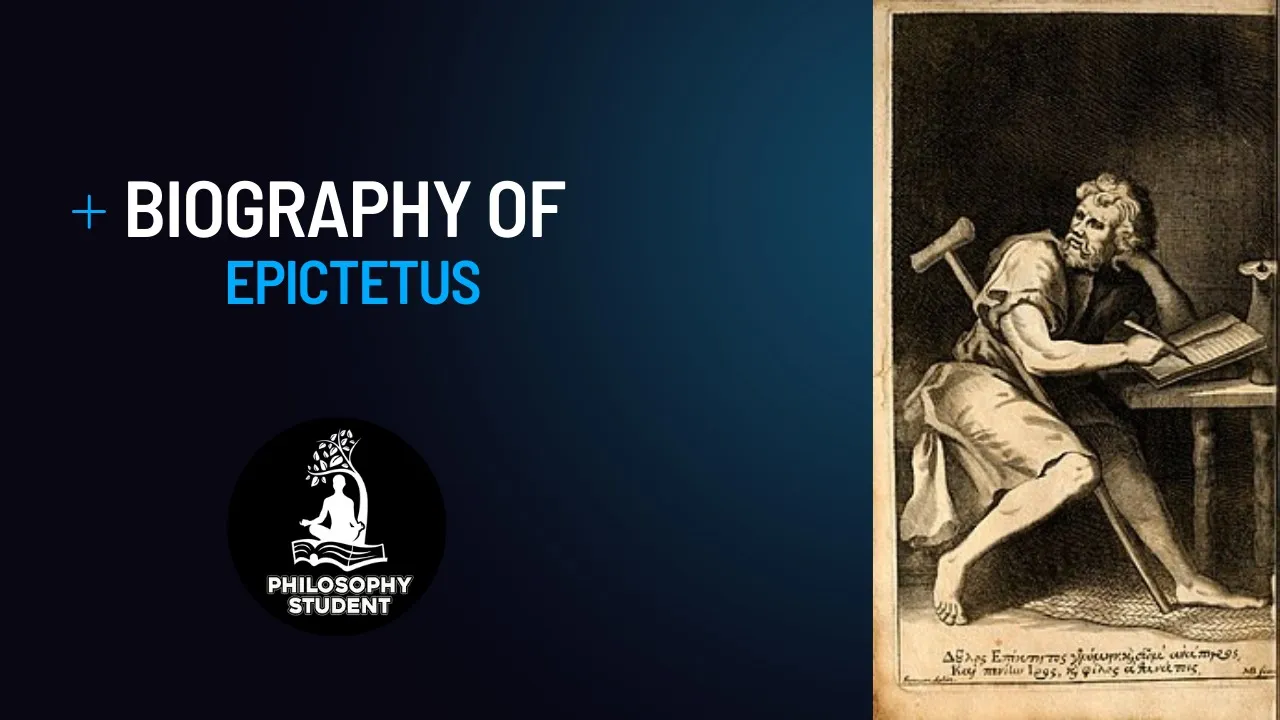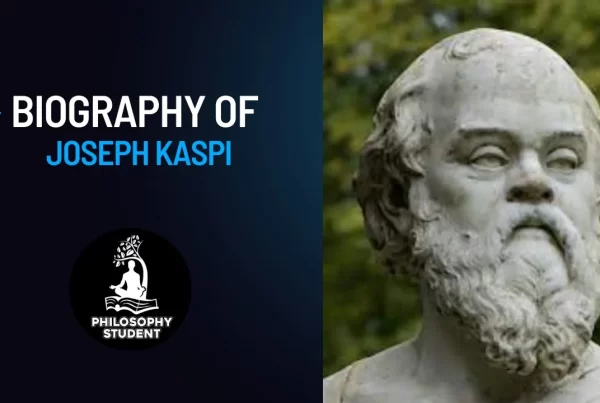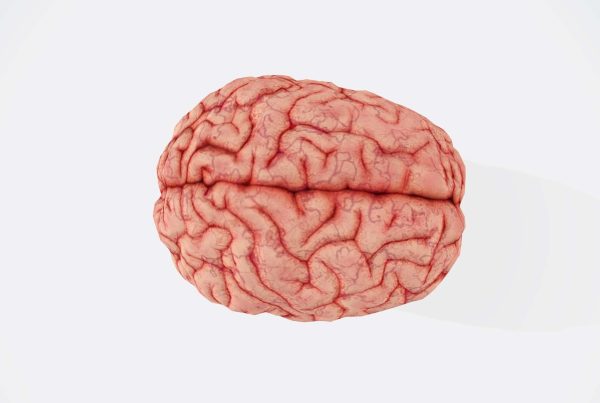Born AD 50 at Hierapolis, Phrygia, Epictetus was a stoic philosopher, who studied in Rome (apparently while in servitude) and subsequently taught in his own school at Nicopolis, Greece. None of his works survive, and, in fact, it is doubtful that he wrote any philosophical texts. All we know of his philosophy comes from two texts composed by Arrian, his student. The Discourses are dialogues between Epictetus and his students, and the Handbook is derived from the Discourses and has been studied as a summary of the philosopher’s version of Stoicism. Both works are devoted solely to Epictetus’ views on Stoic ethics, omitting mind, logic, and physics.
Epictetus’ ethics were typical of Stoicism, emphasizing the goal of achieving eudaimonia (flourishing happiness) through a virtuous life founded on reason, which the Stoics defined as living according to nature. As they saw it, to achieve the status of a Stoic sophos (wise person), the aspirant must learn what is within a human being’s power and what is not. The aspirant must also understand the correct use of phantasiai, or impressions. The good is defined simply as acting from virtuous motives. The bad is acting from vicious motives.
Rationality is a fragment of divinity, which the Epictetus conceived of as a rarefied fiery air suffusing all creation.
Epictetus apparently came to Rome as the slave of a wealthy master, Epaphroditus, who had been the administrative secretary to the Emperor Nero. Even while still enslaved, Epictetus studied under the Stoic teacher Musonius Rufus. Ancient sources record that Epictetus’ master, one Epaphroditus, once tortured him by twisting his leg. The young Stoic endured the pain and did not protest, except to remark that if he continued to twist, his leg would break. When that indeed happened, Epictetus calmly remarked, “There, did I not tell you that it would break?” According to some sources, the incident left the philosopher lame lifelong.
Epictetus was emancipated, but, in 89, was banished from Rome with other philosophers by order of Emperor Domitian. This prompted his removal to Nicopolis, where he opened his own school, which flourished. He died about AD 135.




































